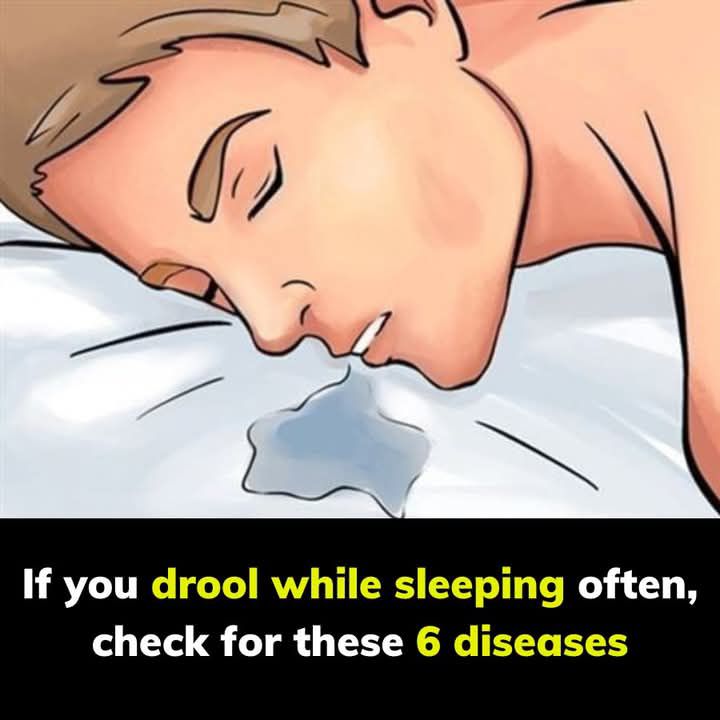ADVERTISEMENT
## **When Drooling Becomes a Problem: When to See a Doctor**
While occasional drooling during sleep is usually not a cause for concern, persistent or excessive drooling may indicate a more serious problem. If you experience any of the following symptoms along with drooling, it’s important to seek medical advice:
– **Severe, frequent drooling** that persists despite efforts to manage it
– **Difficulty swallowing** or a sensation of choking
– **Snoring, choking, or gasping for air** during sleep, which may suggest sleep apnea
– **Sudden or unusual changes in drooling** patterns, especially after a stroke or injury
– **Neurological symptoms** such as tremors, difficulty moving, or changes in speech
If any of these signs accompany drooling, or if drooling is affecting your quality of life, it’s essential to consult a doctor for an evaluation.
—
## **How to Prevent and Manage Drooling at Night**
While drooling may sometimes be inevitable, there are steps you can take to reduce its frequency and manage it more effectively. Here are some practical tips to help prevent and manage drooling during sleep:
### **1. Sleep on Your Back**
Sleeping on your back can help reduce the chances of drooling because it minimizes the effect of gravity. If you’re a side or stomach sleeper, try switching to sleeping on your back. Using a pillow to prop your head up slightly can help prevent saliva from pooling in your mouth.
### **2. Treat Nasal Congestion**
If nasal congestion is the culprit, addressing the underlying issue—whether it’s allergies, a cold, or sinusitis—can help reduce drooling. Using a humidifier in your bedroom, saline nasal sprays, or over-the-counter decongestants can help clear your nasal passages and make breathing through your nose easier.
### **3. Maintain Proper Oral Hygiene**
Good oral hygiene can help reduce drooling, particularly if dental issues are contributing to the problem. Regularly brushing your teeth, flossing, and visiting the dentist for routine checkups can improve your overall oral health and help you control saliva production.
### **4. Avoid Alcohol and Sedatives Before Bed**
Alcohol and sedatives can relax the muscles in your mouth and increase the chances of drooling. If possible, try to avoid consuming these substances before bed to help prevent excessive salivation during sleep.
### **5. Treat Underlying Health Conditions**
If drooling is linked to a medical condition like sleep apnea, Parkinson’s disease, or cerebral palsy, working with your doctor to treat the underlying condition is key. Managing the condition effectively can help reduce the symptoms, including drooling.
—
## **Conclusion**
Drooling during sleep is a common issue that many people experience, but frequent or excessive drooling should not be overlooked. Understanding the potential causes, health concerns, and solutions can help you manage drooling effectively and ensure that you maintain good oral and overall health. While occasional drooling is generally not a cause for concern, persistent or severe drooling should be addressed with the help of a healthcare professional to rule out any underlying medical conditions. By following proper sleep hygiene, addressing any health issues, and consulting with your doctor when necessary, you can improve
your sleep and enjoy a drool-free night.
